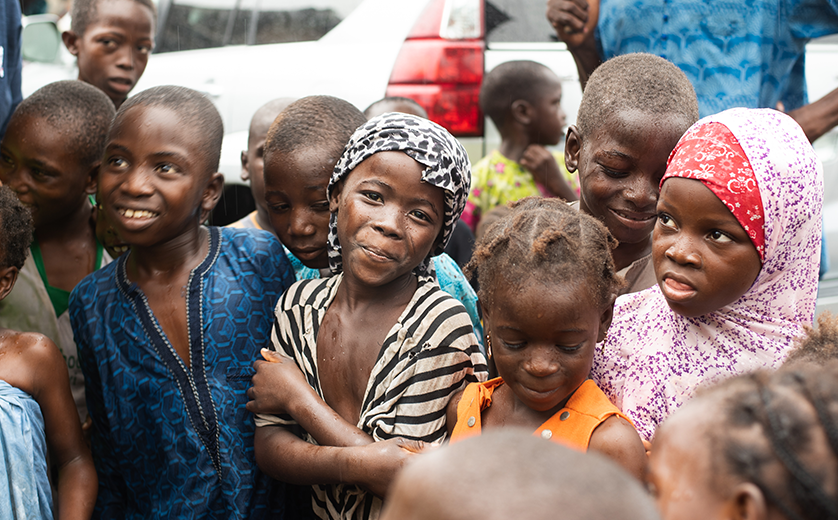The scourge of HIV/AIDS in Africa has had a wide impact on all segments of the population, but none more devastating than on children who have been orphaned by the disease. Now, new research has shown that providing savings accounts to the families of those adolescents can help to bolster their physical, mental and sexual health.
The five-year study, which took place in Uganda, is chronicled in findings published in the March issue of the American Journal of Public Health by Fred Ssewamala, the William E. Gordon Distinguished Professor at the Brown School and director of the International Center for Child Health and Development (ICHAD) and SMART Africa Center.
“Findings from our ‘Bridges to the Future’ study showed that even modest economic interventions targeting adolescents orphaned by AIDS can sustainably improve physical health, mental health functioning, financial stability, and food security,” said Ssewamala, the principal investigator on the project.
Nearly 1,400 students in grades 5-6 from 48 schools in Uganda and their families participated in the study. Some received standard care, while another group (Bridges) also received asset-building workshops, peer mentors, and 1-1 matched savings accounts that could be used for education or family enterprise; a third group (Bridge-PLUS) received savings accounts with a 2-1 match. After 24 months, Bridges and Bridges PLUS participants reported higher physical health scores, lower depressive symptoms, and higher self-concept and self-efficacy. Bridges participants also reported lower sexual risk-taking intentions. At 48 months, Bridges and Bridges PLUS participants reported better self-rated health, higher savings, and lower food insecurity. Bridges PLUS participants reported reduced hopelessness, and greater self-concept and self-efficacy.
Ssewamala said he hopes the study’s results will encourage policymakers to improve the care and well-being of the large number of poor families around the world who are impacted by HIV/AIDS. “Policymakers will be able to point to findings from our study when designing quality of care standards for children, adolescents and families impacted by poverty and HIV in resource-constrained settings,” he said.
